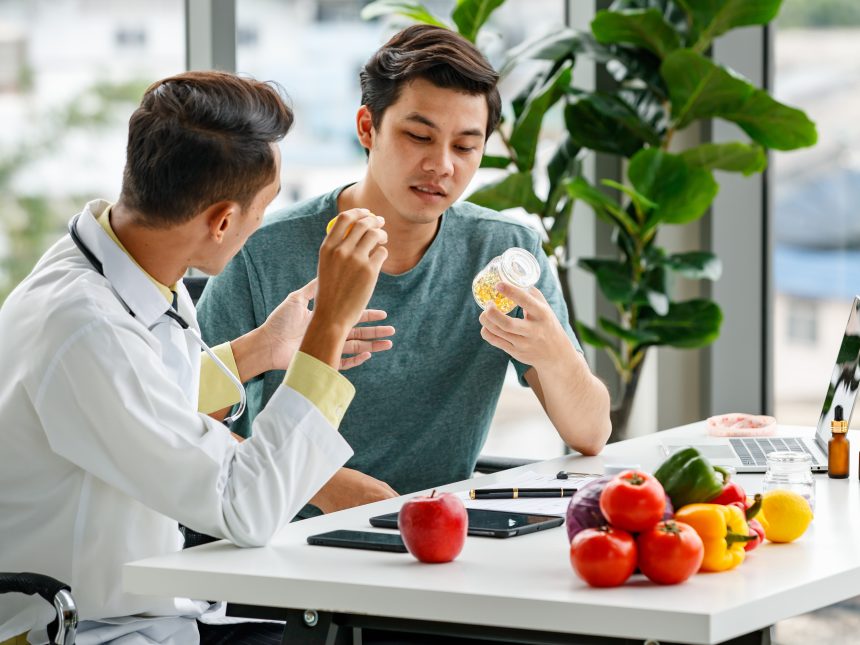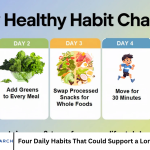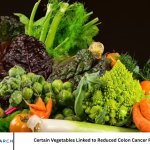Safety is as important as taste in the food industry. However, behind every yummy dish in a café or restaurant lies a layer of protection. That is why a Food Handlers’ Health Checkup is the most significant investment for a restaurant and catering service provider.
Imagine eating at a restaurant where chefs are sick. You would raise questions about the hygiene and safety of the food served. If your customers share the same sentiments about your business, you risk losing their impression. So, how will you ensure that people behind every plate are healthy and fit? Let’s talk about the medical tests for food handlers and their significance.
What do food handlers’ medical tests include?
A comprehensive medical examination for food handlers includes different tests. These tests ensure that chefs and staff managing food are physically fit. A healthy person is capable of handling food safely. The rules for medical tests for food handlers are different in every country. However, the test is obligatory to avoid legal issues with your food business.
So, find the list of tests included in a health checkup for food handlers.
Blood tests
Food handlers need to take blood tests to confirm they are free from infectious diseases. Blood tests detect if they have hepatitis, typhoid, or other transmissible diseases. If infected people cook dishes, the food may get contaminated. Then, your business will be responsible for spreading foodborne illnesses among the public.
Chest X-ray and Mantoux tests
Both these tests are intended to detect tuberculosis. The chest X-ray facilitates active TB disease diagnosis, while the Mantoux test checks previous exposure to the tuberculosis bacteria. Those infected with TB should not work in the food business. The test will prevent the spread of the harmful bacteria through food.
Stool and urine tests
Urine and stool often carry harmful viruses and bacteria, such as Salmonella and E.Coli. Medical tests identify asymptomatic carriers of these microorganisms transmitted through food. So, encourage your staff to take these tests and protect your customers’ health. If your chefs have an intestinal infection, they need to take medications for treatment.
Skin tests
Food handlers should take skin tests to detect fungal and bacterial infections on their skin and hands. Skin infection can contaminate food and put public health at risk. Moreover, medical practitioners check if your checks have cuts and wounds on their skin.
Ear and eye checkup
Ear and eye checkups are important for those working in the food industry. Hearing and vision problems can cause errors in your food preparation process. For example, they can lead to misinterpretation of safety instructions and wrong product usage. These checkups ensure that food handlers can read safety cues and listen to customers’ requests.
Importance of food handlers’ medical tests
Medical examination for food handlers is beneficial in different ways-
Protect consumers’ health
Regular medical checks of chefs and food service providers prevent the spread of the disease. This approach will save consumers from foodborne diseases, such as E. coli and Salmonella. Your food handlers should not carry contagious diseases that could affect several people.
Increase your customers’ confidence
Food businesses that care for staff health win customers’ trust. Customers will feel safe while having meals in your restaurant. Thus, you can easily develop a strong brand’s reputation.
Comply with regulations
According to the food safety authorities, medical examination is crucial for food handlers. So, your catering service providers and chefs need medical checkups to stay compliant.
Early health issue detection
With regular checkups, you can help your staff identify underlying medical issues. They can take steps to control symptoms and recover their health. Your staff will stay productive and healthy throughout the year.
Prevent food contamination
Unhealthy workers may spread germs through sneezing and coughing, But, hygiene is a priority in a commercial cooking space. So, check your food handlers’ health and ensure hygienic food preparation in your restaurant.
Conclusion
Food safety is more than cleaning kitchens and using fresh ingredients. It starts with those who are directly engaged in preparing and managing food. So, you can buy corporate health checkup packages for your staff and protect consumers’ health. Many online platforms allow you to purchase these comprehensive packages at a reasonable rate. Regular medical tests ensure a safe dining for your customers.






